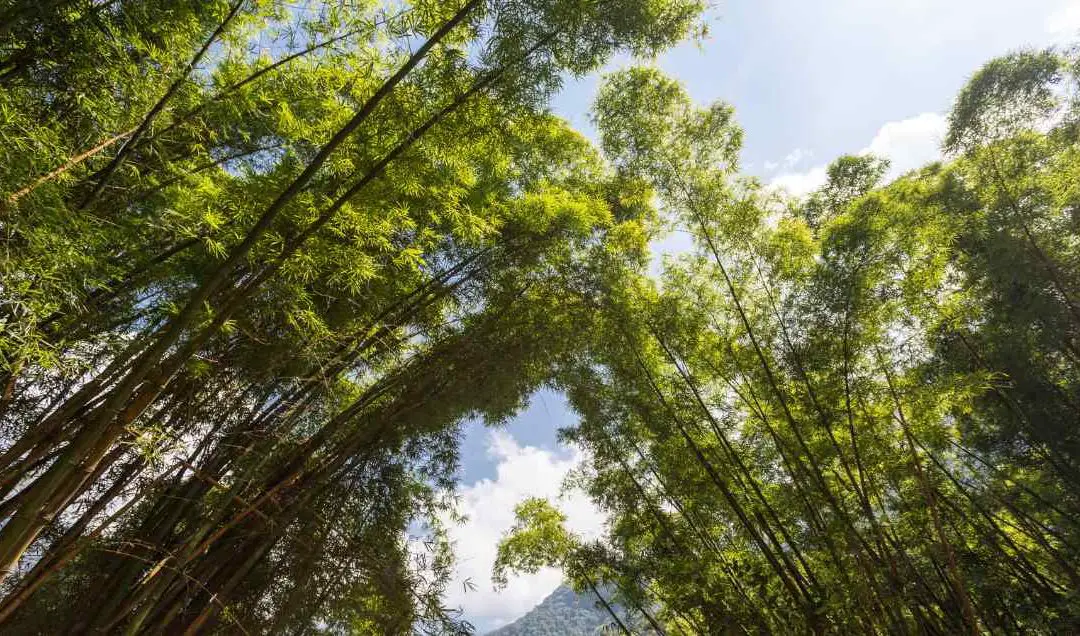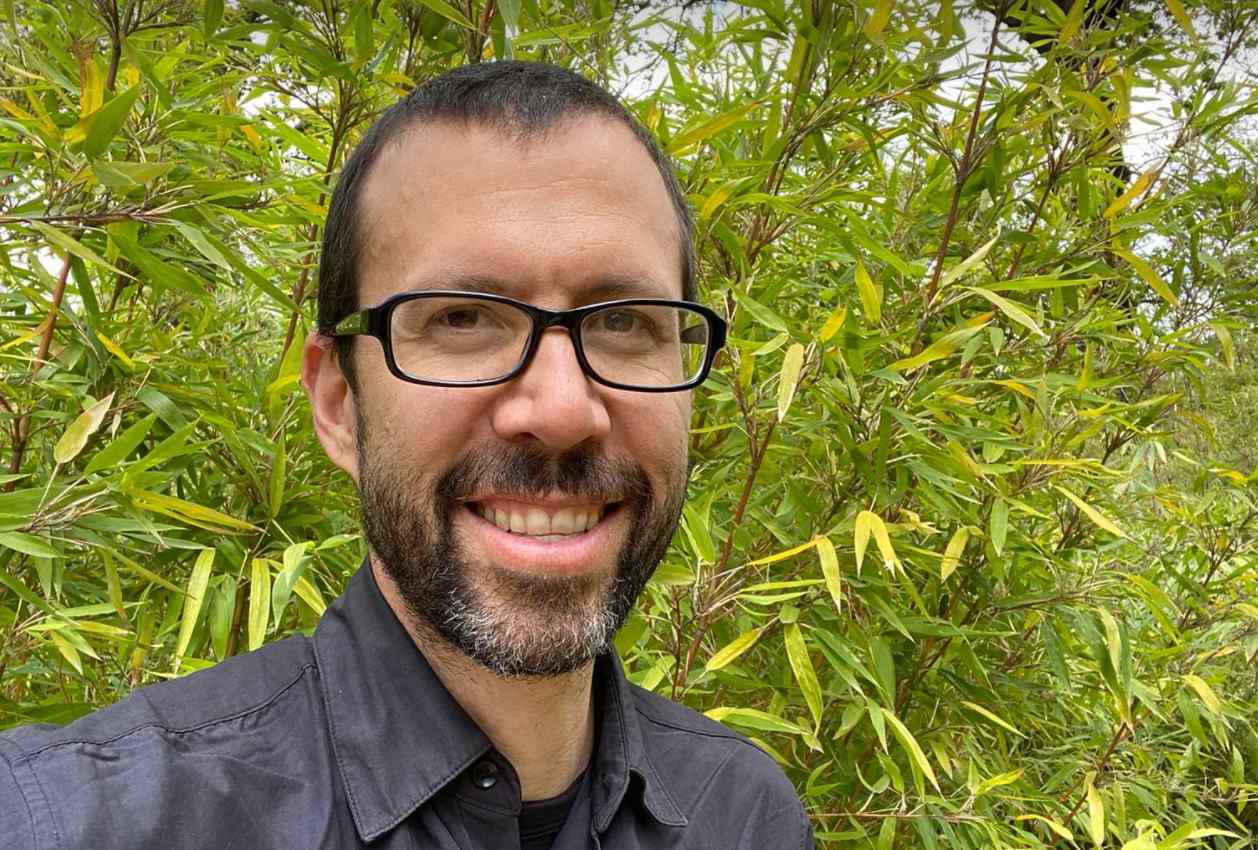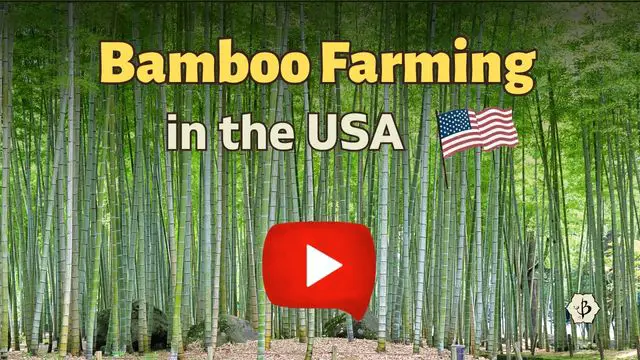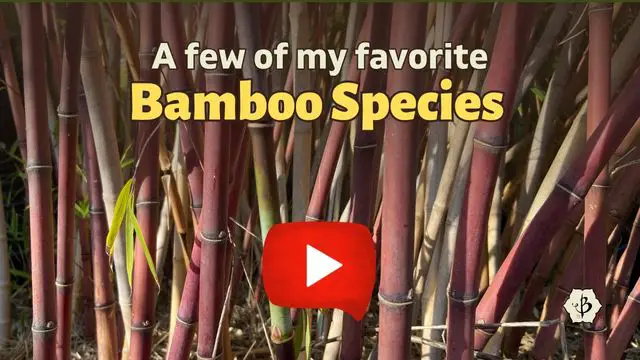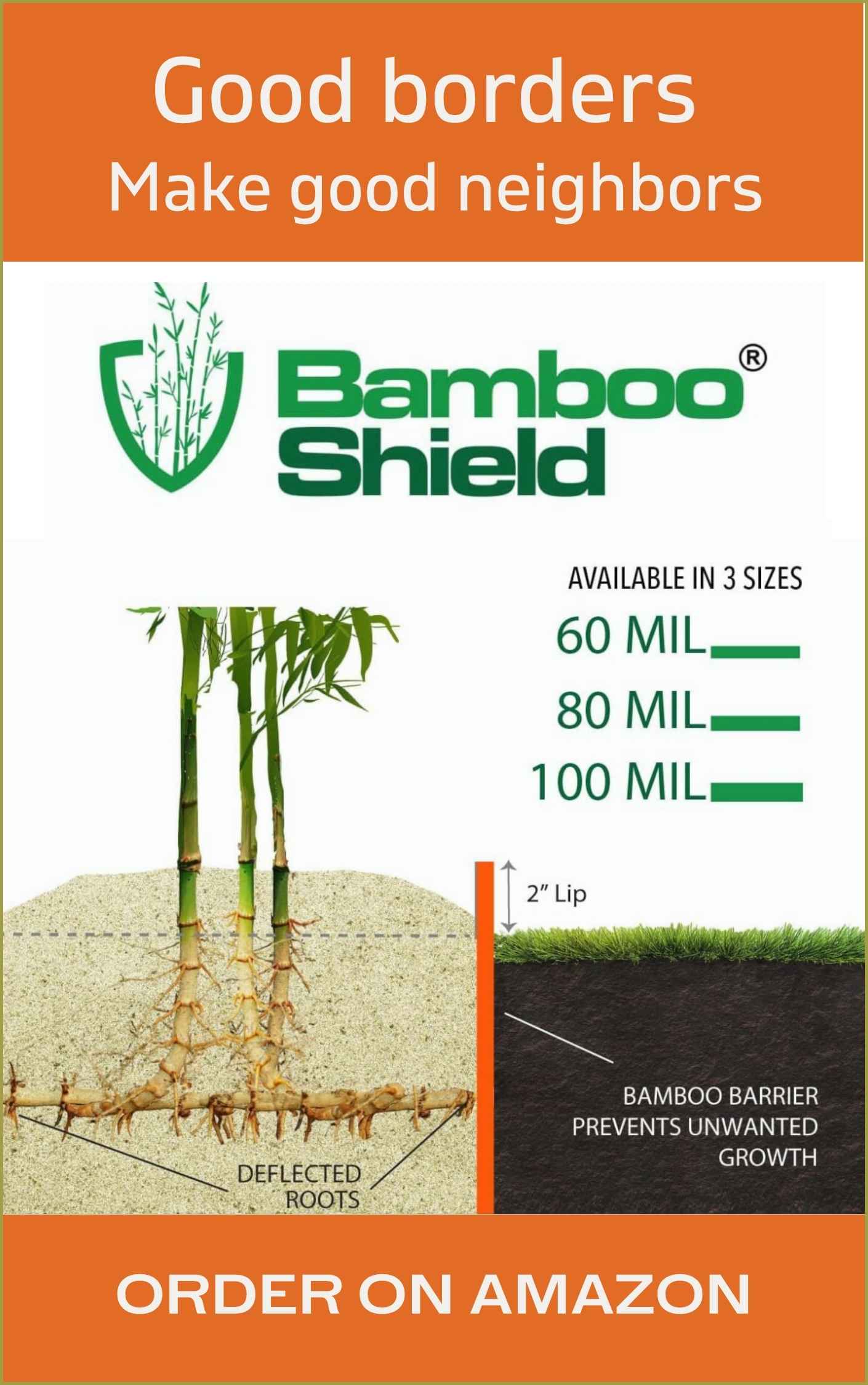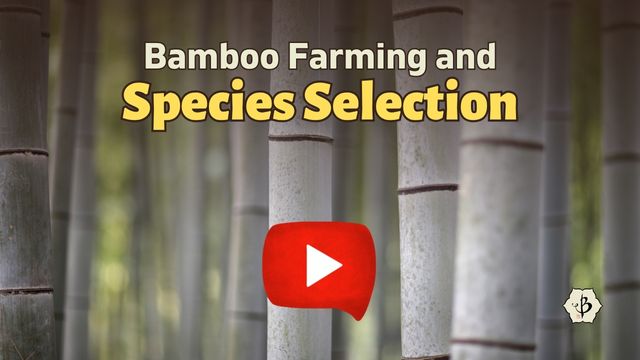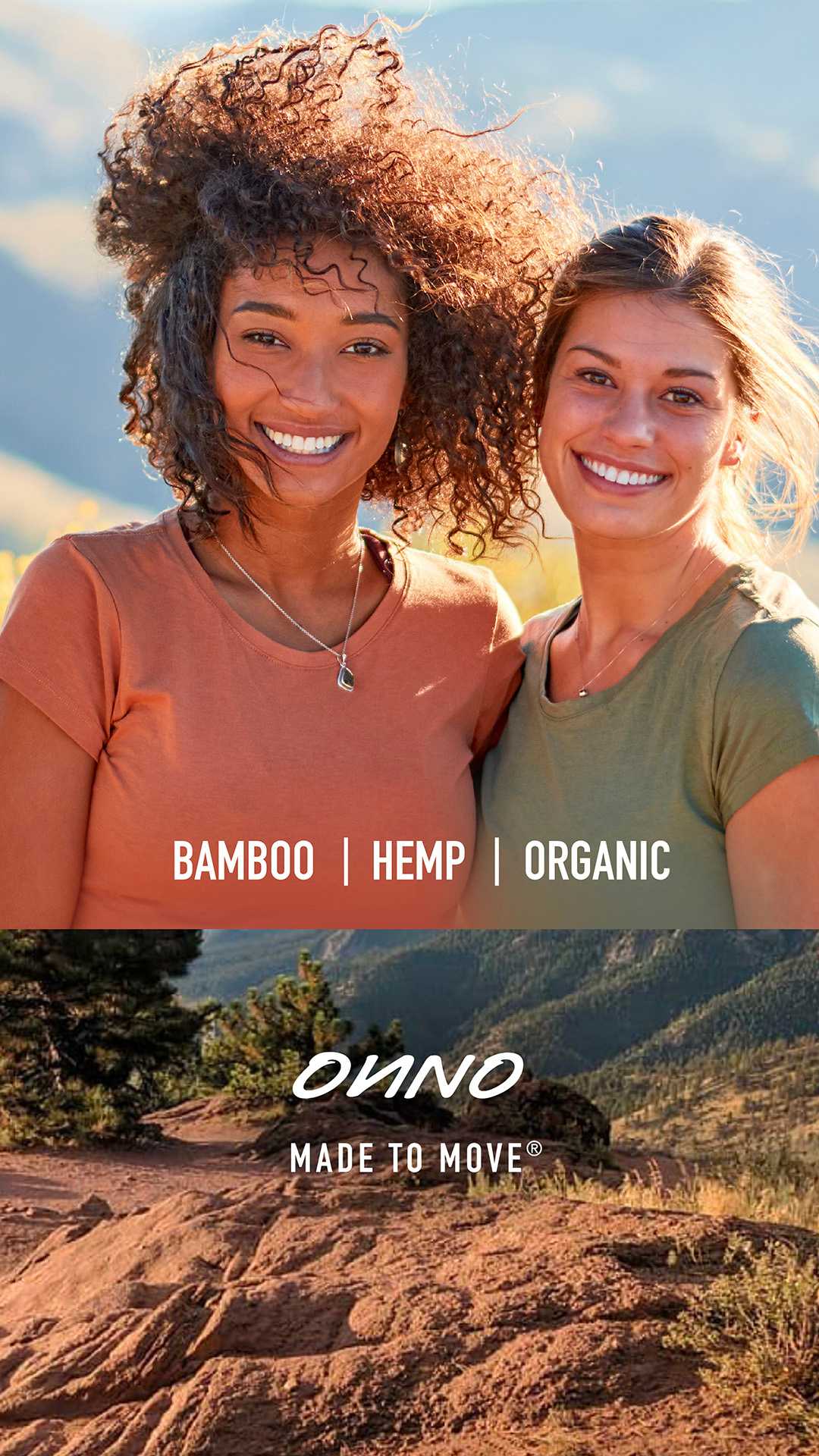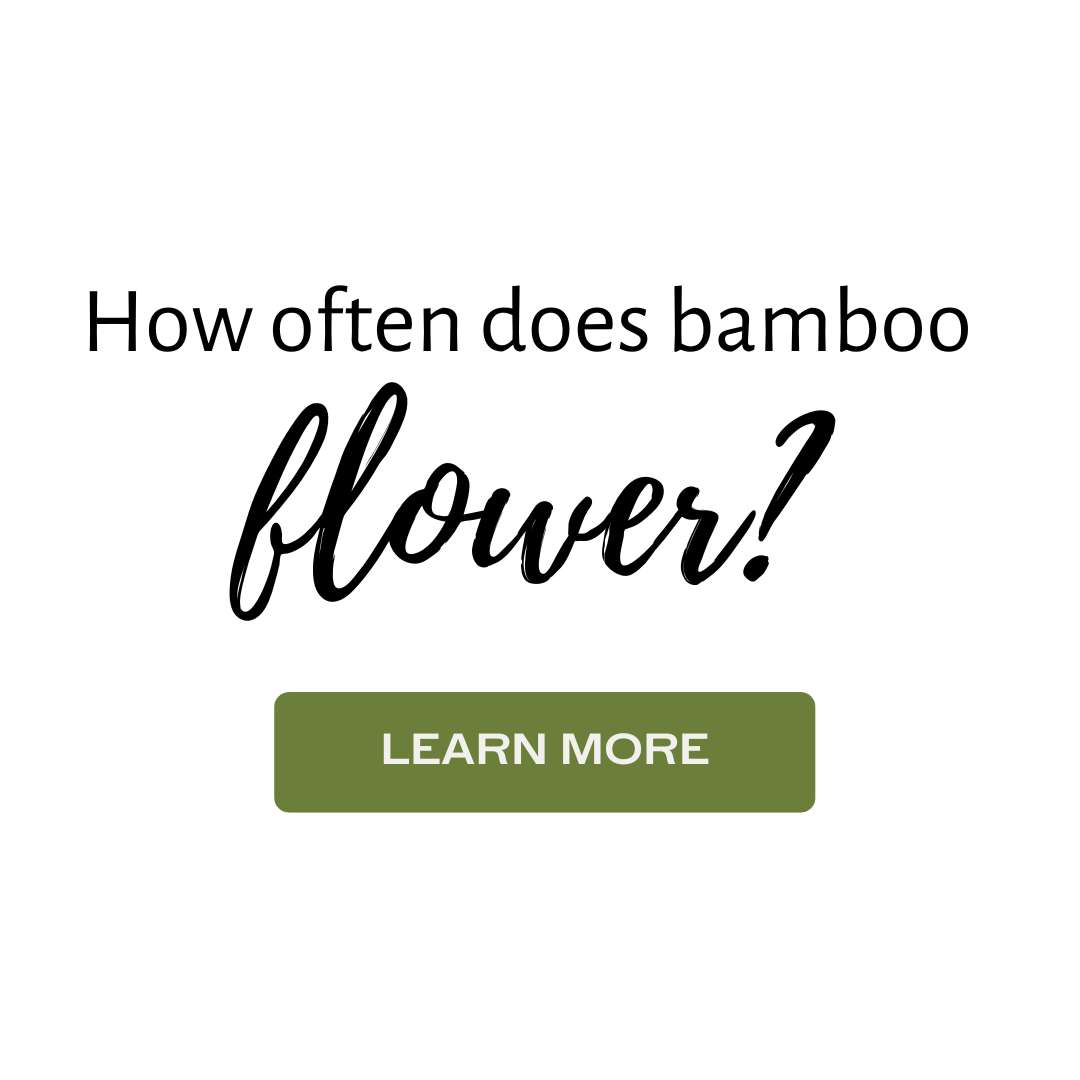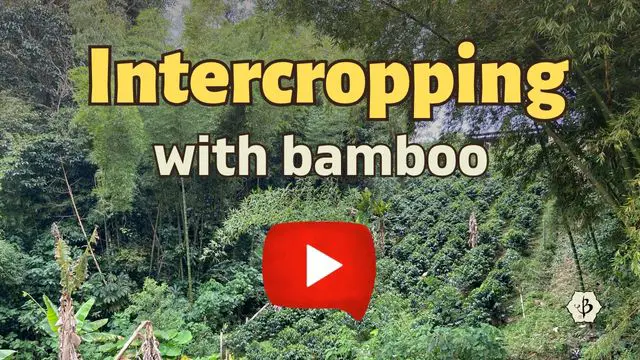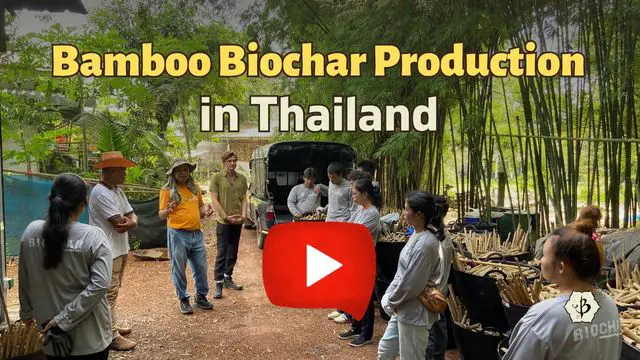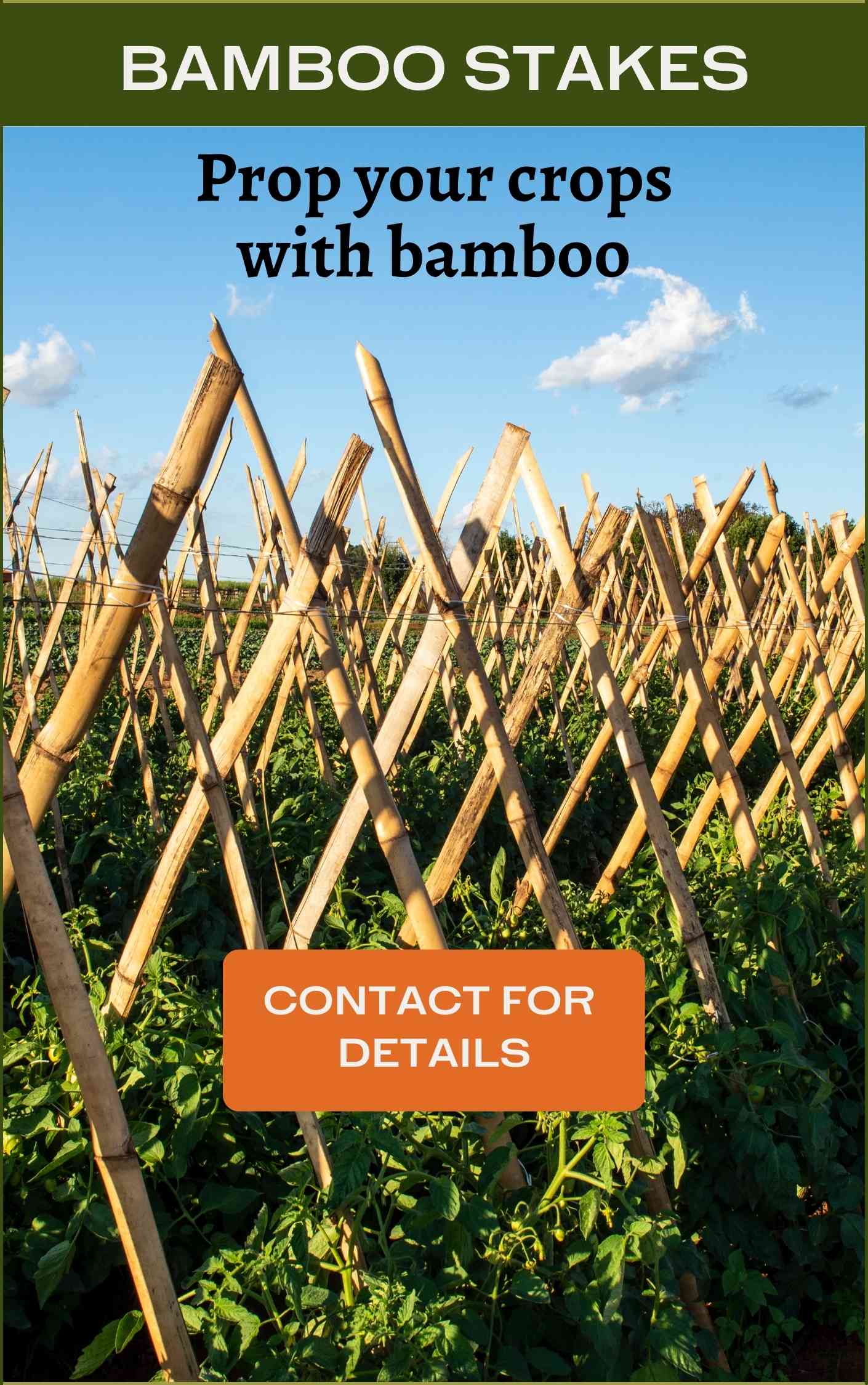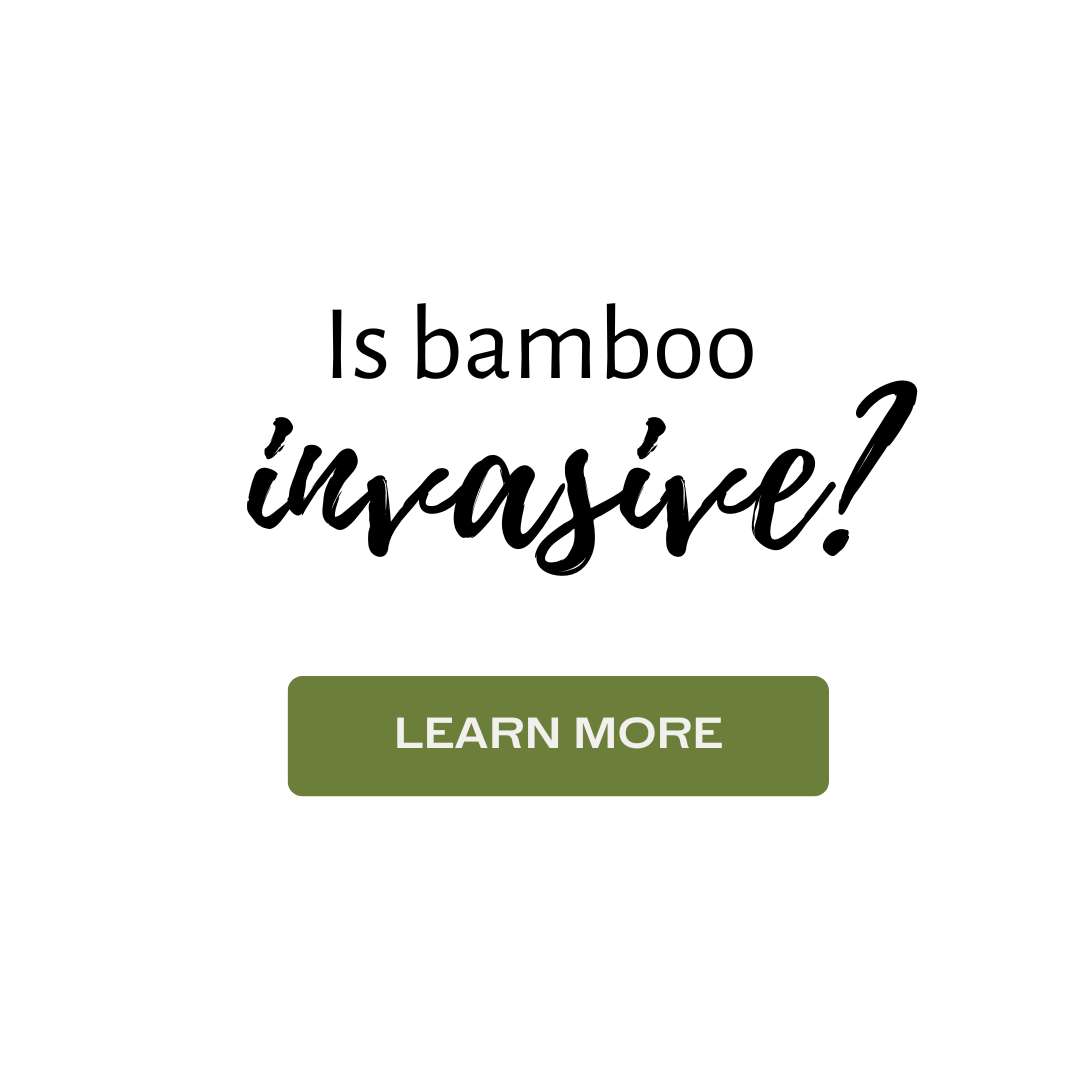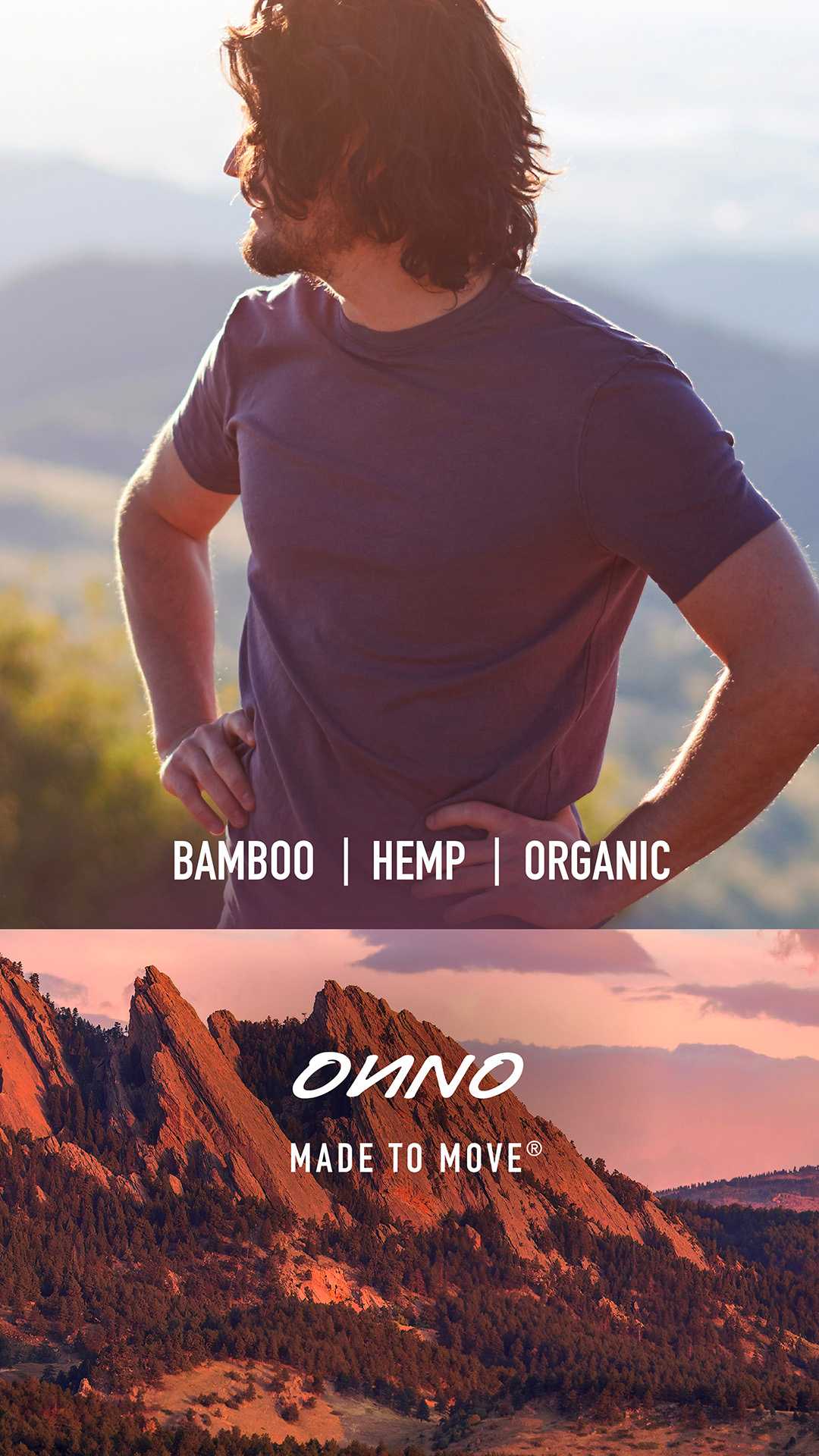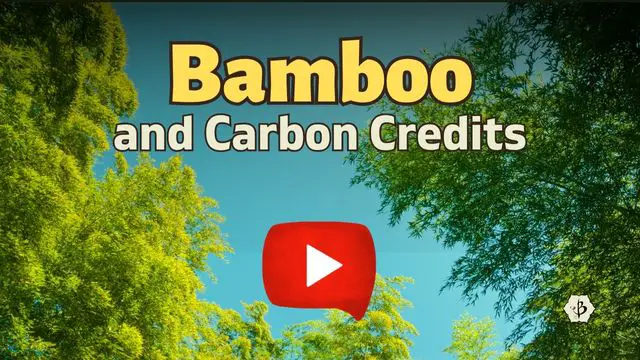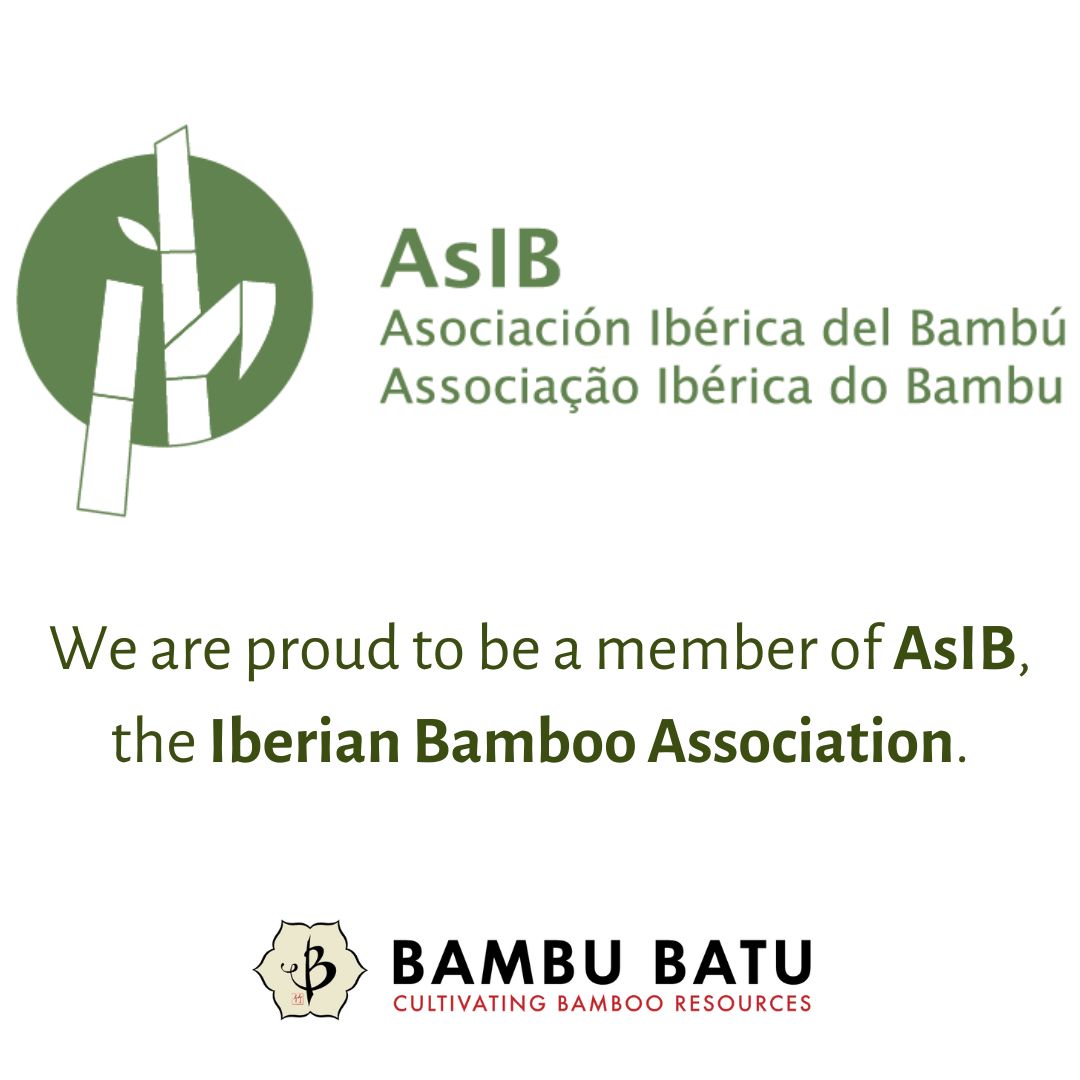So you’ve heard about the amazing benefits of bamboo. It can capture great quantities of CO2 from the atmosphere and replace it with vital oxygen. It can restore tropical forests, bolster topsoil, and prevent erosion. Bamboo can even help to purify contaminated water and combat malaria in sub-Saharan Africa. There are so many reasons to grow bamboo. But it’s not necessarily a practical option for everyone. The good news is that even if you lack the space or the horticultural skills, you can now adopt a bamboo and support the green revolution.
Guadua Bamboo, based in Colombia, now offers businesses and private individuals around the world the opportunity to adopt a bamboo clump and offset a portion of their own carbon footprint. With a small donation of $25, individual benefactors can own their own clump of timber bamboo at the edge of the Amazon Rainforest. Donors are assigned a specific plant that gets a name tag, a unique GPS signature, and regular photo updates online. Donations help offset the costs of planting and maintaining the bamboo groves which are part of an effort to restore the fragile rainforest. Nimbus of San Diego offers a similar program with bamboo adoption opportunities in Hawaii.
Who and what is Guadua Bamboo
A Colombian agroforestry enterprise headed by Stéphane Schröder, Guadua Bamboo has been cultivating giant timber bamboo and producing high-grade bamboo products for over a decade. In recent years, the company has become a leader in the Latin American bamboo industry, producing some of the highest quality raw materials and finished goods.
With the skyrocketing demand for bamboo in Europe and North America, Guadua is able to maintain a crucial balance between delivering a superior product and practicing sustainable forestry management. As tropical rainforests in Asia, Africa, and South America face existential threats, Schröder is committed to operating his bamboo farms in a way that protects, promotes, and restores the natural diversity of this precious habit.
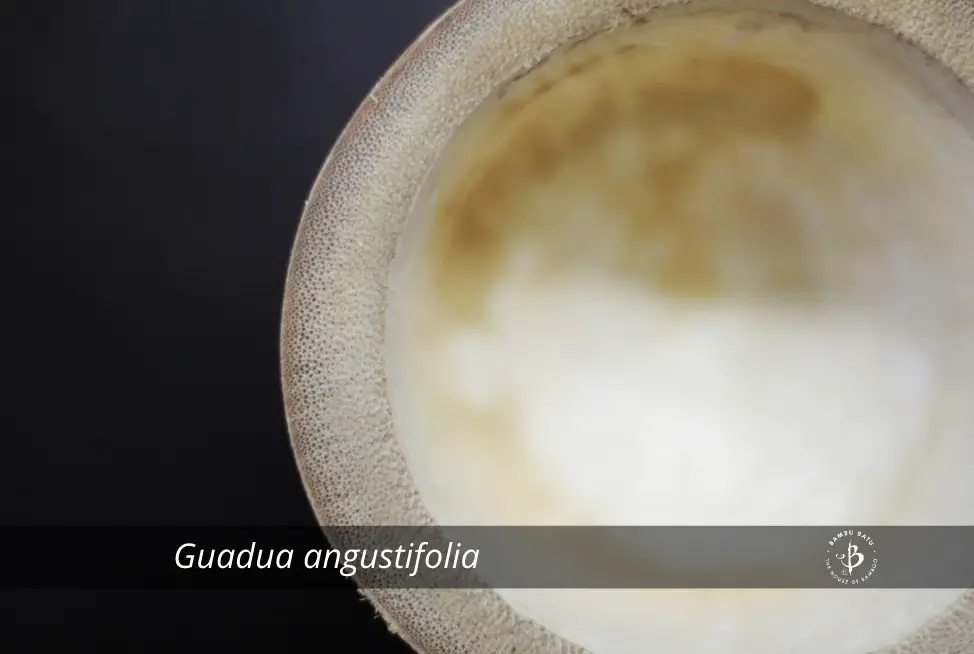
The company takes its name from a variety of giant bamboo, Guadua angustifolia, native to Latin America and particularly the mountainsides of Colombia. Commonly known simply as Guadua, this clumping giant is easily the most important species of bamboo in the Western Hemisphere.
Many consider Guadua to be the strongest of all bamboos. It’s also one of the largest varieties, with culms sometimes reaching 100 feet in height and several inches in diameter. It is often compared to Moso, the Chinese species grown for the vast majority of bamboo construction materials and hard goods. But Guadua has more in common with Dendrocalamus asper, a giant timber bamboo that’s widely grown and used in tropical Asia, especially Indonesia.
Guadua’s Bamboo Adoption Program
As Guadua CEO Schröder likes to say, “The best time to plant bamboo was 10 years ago. But the second-best time is now!”
Because Guadua just acquired a 32-hectare farm in the undulating hills outside of Cali, now is a perfect time to be planting bamboo. Of course, the company will be expanding its commercial cultivation, but Schröder makes it clear that this operation is quite separate from the Adopt-a-Bamboo program.
In addition to the commercial farm and nursery, Guadua also grows bamboo in conjunction with reforestation efforts, mixing the giant grass with other native vegetation to promote the region’s precious biodiversity. Furthermore, the company actively trains and supplies other local farmers to get involved in bamboo farming. These activities not only advance the project of re-greening degraded forests, but also empower rural communities to achieve greater economic independence with this cash crop.
Funds raised through the bamboo adoption program go into a special, separate account, and are used to help local farmers. They can receive up to $500 per hectare for establishing new bamboo forests. Once these groves reach maturity, Gaudua Bamboo offers to buy the annual harvests of these farmers. When grown sustainably and managed properly, the annual bamboo harvest consists of about 20% of the total plantation.
In the interest of transparency, every adopted bamboo clump has its own unique page on the Guadua website. And they’ve made the list of donors public, so anyone can see who’s involved and which clump of bamboo belongs to whom. Every plant is identified by its GPS and its adoptive parent.
How to Adopt a Bamboo
The adoption process is extremely easy. Simply go to their Donation Page, select a plan, and then enter your info in their secure payment portal. Guadua offers three donation levels.
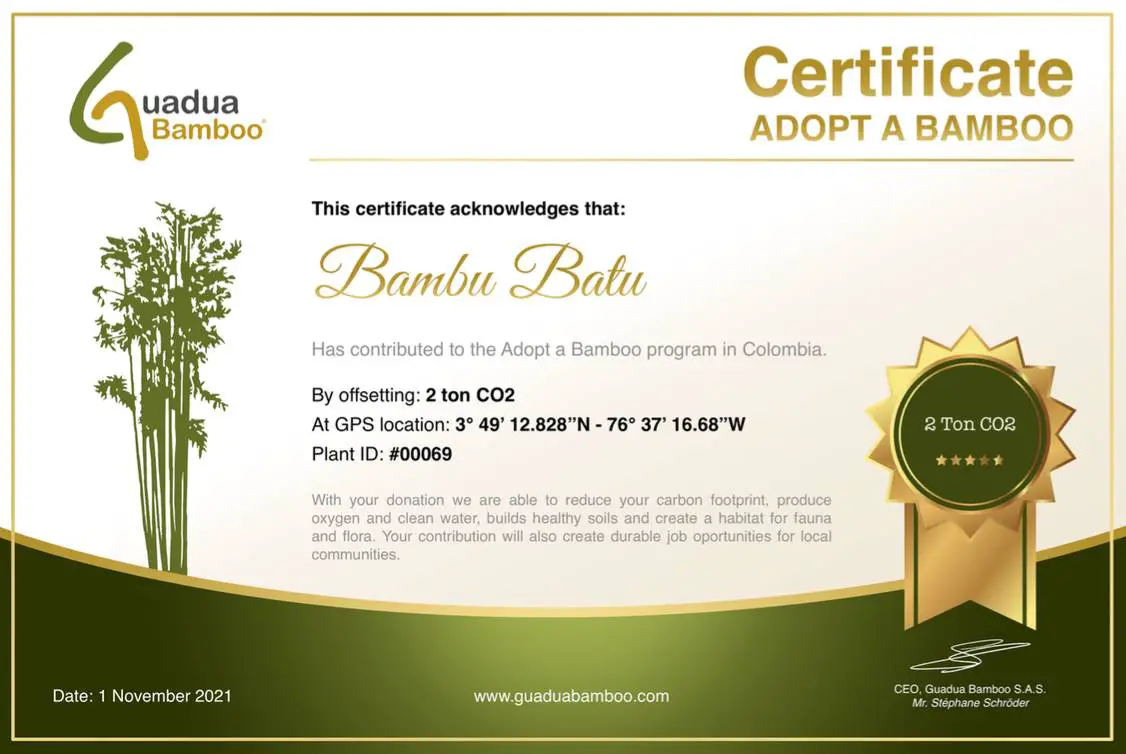
Donate a seedling
The smallest package is just $5. Donors know that they’ve contributed to a good cause. Guadua uses the money to plant more seedlings in their greenhouse, ensuring a greener future in the hills of Colombia.
Adopt a clump – Personal
The most popular plan allows any individual to own a clump of Colombian bamboo for just $25. In exchange, the donor gets an attractive digital certificate, like mine pictured above. The certificate identifies the species of bamboo, its precise GPS coordinates, and the carbon offset.
My certificate shows two tons of CO2, which is the amount my bamboo will absorb in the first seven years. Schröder bases these projections on detailed scientific studies on the CO2 uptake of Guadua bamboo at every stage of development.
In addition, each adopted bamboo plant has its own webpage. Here are the details for my clump of G. angustifolia. The page includes photos of the young plant, which are updated every six months. This enables everyone to look on with amazement at the remarkable growth rate of their vigorous bamboo specimen.
Adopt a clump – Business
For a larger donation of $450, businesses can enjoy all the same benefits as the individual, while making a deeper impact on the Amazonian reforestation effort. Plus, they have the opportunity to choose from a number of different species to adopt. Although G. angustifolia is the premium bamboo of the region, other varieties of Guadua and Dendrocalamus thrive here as well.
Participating companies also receive additional promotion and publicity, both online and offline, from Guadua. It’s an excellent way for green businesses to bolster their brand and demonstrate their values with a genuine gesture to protect the lungs of our planet.
Adopt a Bamboo in Hawaii with Nimbus
Based in San Diego, California, Nimbus has been developing bamboo products since 2012, when they brought the first rolls of bamboo toilet paper to the market. More recently they have been searching the U.S. for places to cultivate bamboo on a large scale. And the best location they’ve come up with so far is on the Hawaiian island of Maui.
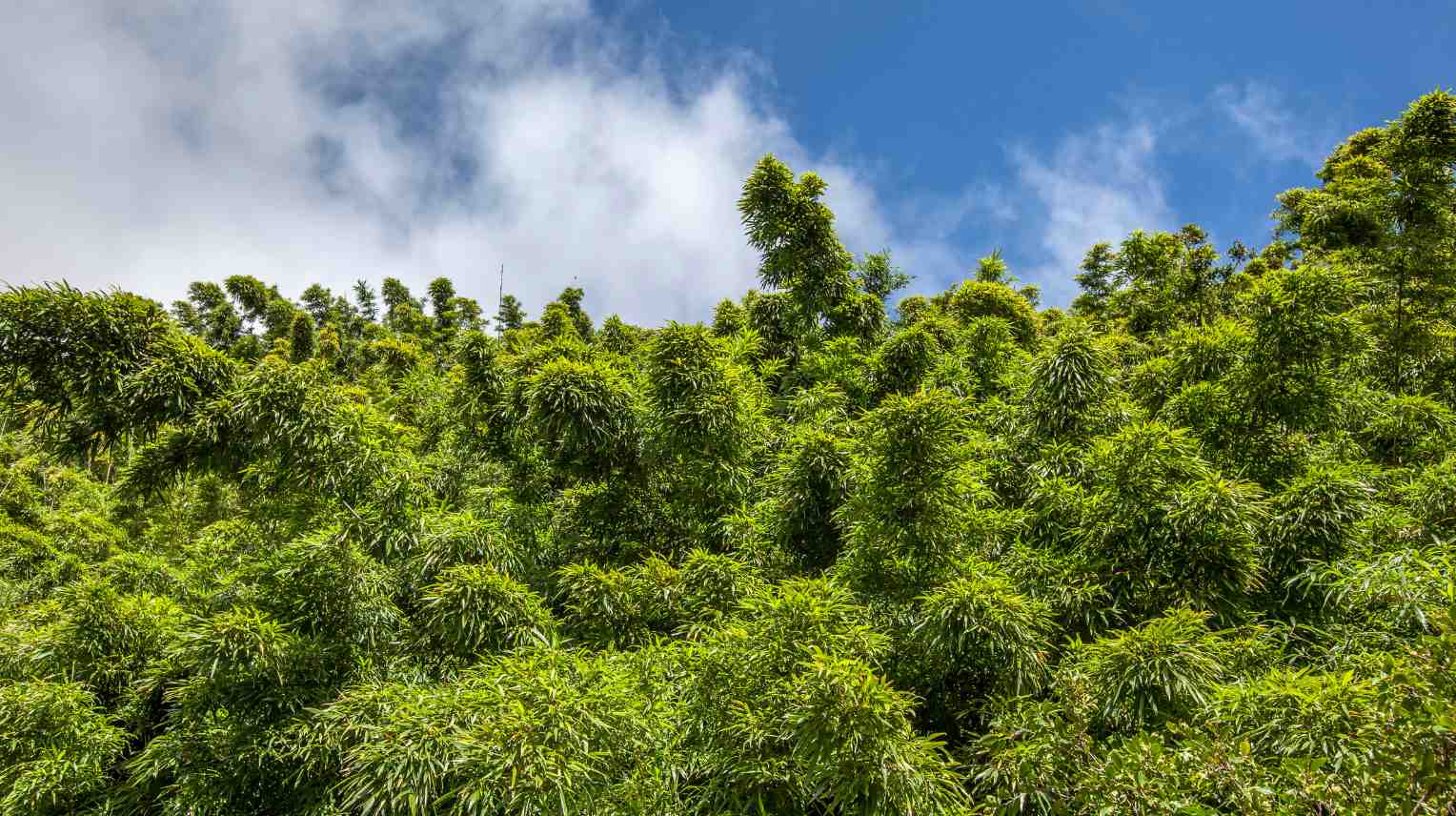
Through a collaboration with the Whispering Winds Nursery, Nimbus now offers earth lovers and tree huggers the opportunity to adopt a tropical bamboo clump for just $5.00. When you adopt, you’ll receive a digital certificate with the name of the bamboo species, the amount of carbon it sequesters, and the plant’s location.
Visit the Nimbus website to learn more and adopt a bamboo plant of your own.
Give the gift of bamboo
The holidays are coming up, and if you’re like a lot of conscious consumers, you want to avoid shopping for more superfluous “stuff”. How many of those obligatory gifts from [unnamed box store] just end up collecting dust in a closet, under a bed, or worse?
These days, we’re all looking for better ways to express our love and gratitude than through the basic exchange of material goods. I’ve long been a fan of dedicated donations to philanthropic causes. And as a bamboo lover, I can’t imagine a better gift that everyone can feel good about.
An adopted bamboo has no disposable packaging, doesn’t require any shipping, and it won’t break the bank. Rather than consuming more of the planet’s resources, an adopted bamboo actually gives something back to the earth. And who, after all, is more deserving of a gift than Mother Earth?
Increase your bamboo knowledge
If you love this miracle grass like we do, you’ll probably want to adopt a bamboo of your own. You might also want to peruse other articles on our website for more fascinating facts about this incredible resource.

